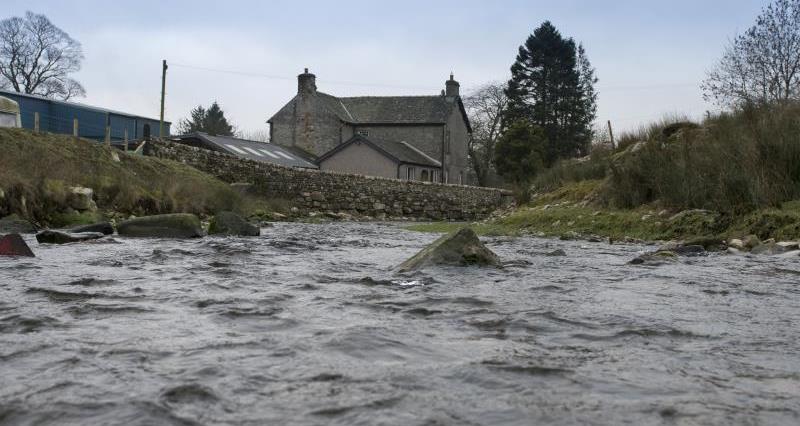Members of the Environmental Audit Committee and the Environment Food and Rural Affairs Committee met on Monday night following a series of parliamentary inquiries calling for strengthened policies to protect UK communities from increasing flood risk.
The NFU’s Martin Rogers said: “The NFU has said countless times that resources should focus on making improvements to the current system and improving flood resilience for rural businesses mindful that widespread changes to the governance and structure of national flood risk management would contain high administrative costs, reducing the outputs observed on the ground.
“Our Flooding Manifesto, launched in Westminster last month, highlight priorities and principal asks of government and others on future flood management. Our key policy asks include more long-term planning to recognise the increased frequency of extreme weather events using local farmer and stakeholder knowledge and a call on government to recognise the importance and value of productive farmland considering wider benefits such as protecting and enhancing the environment and protecting infrastructure.
“Flooding and water management in river and coastal areas must be properly funded to protect urban and rural businesses, infrastructure and communities. And government spending must be transparent, and the artificial distinction between capital and maintenance expenditure removed.
“This debate demonstrated the continually increasing political interest in natural flood management, including the wish to trial a catchment wide NFM scheme. As our manifesto outlined, while we recognise that NFM has a role to play it is not a panacea solution and cannot detract from essential capital and river maintenance works. It is essential that there is adequate engagement with farmers and landowners and that proper incentives are in place to demonstrate the flood mitigation service farmers are providing to others in the catchment.
“Some of our most productive and highest value agricultural land lies in floodplains or coastal regions, vulnerable to flooding, and deserves to be protected.”
